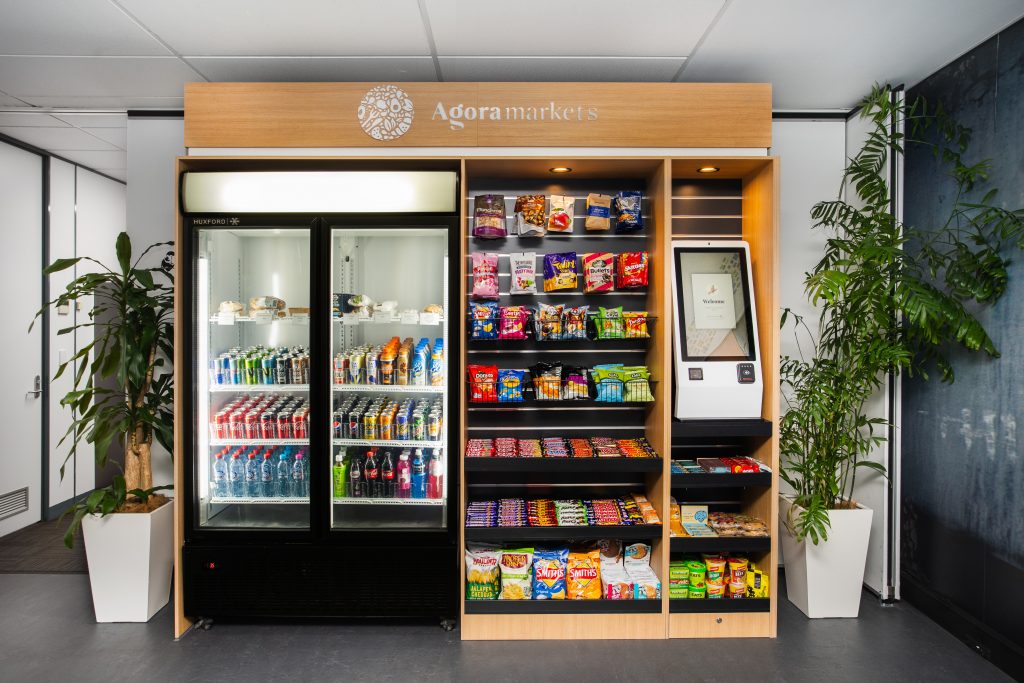Within the past year, Australians have undergone a massive shift in the way they work. For many of us, the only way to earn a living was to spend five days a week in an office, day in day out. Today many employees have shifted into hybrid work, balancing working from home with commuting to the office. This change is no fad; a majority of companies plan to allow employees to work at home for the foreseeable future.
As the way we work has changed, inevitably our working spaces will change as well. Offices are no longer just spaces where we clock in and clock out every day; they are transforming into spaces where we collaborate and socialise. Workplaces now have to be places that people are motivated to come to over working from home.
Many workplaces are shifting towards a ‘behaviour-based approach’ where the feel and experience of an office is just as important as its functionality. In order to enhance their workplaces many employers are turning to food-and-drink-based perks, like micro markets. This behaviour-based model encourages employers to create workplaces that provide a unique experience that you can’t find anywhere else. Having a micro market on-site is a cost-effective way to achieve this as they feel modern and novel; while growing quickly, there are still only a few in Australia.
It is important to balance these new amenities with practices that are Covid-safe. Micro markets achieve this with its unattended, self-service kiosk and cashless payments. A renewed importance placed on personal wellbeing is bolstered by having plenty of healthy options on hand in a micro market.
With new flexible work schedules, employees may not be in the office during conventional meal times. They just want something they can grab and go at any time of day; micro markets are always open and are compatible with any working hours.
Micro markets also provide a social space where co-workers can meet and collaborate over a shared meal. The main reason most people will commute in will be to get together with colleagues face-to-face and having an inviting place to meet helps facilitate these gatherings.
The question remains on whether providing perks for simple things like food and drink will make a real difference in employee satisfaction and, ultimately, whether they stay on with the company. Perks help show that a business is invested in their wellbeing and that they really care about their staff. A company that cares leads to happier employees that feel supported by their organisation. More content staff leads to higher productivity and higher quality work being done. Perks may also attract new employees to the company, more important than ever in today’s competitive job market.
The hybrid approach to working isn’t going away and employers need to be willing to make their workplace more flexible and enjoyable for employees. Reach out to us today about installing a micro market and get started on revolutionising your breakroom for the future of work.

